Helping Businesses engage more effectively with their customers.
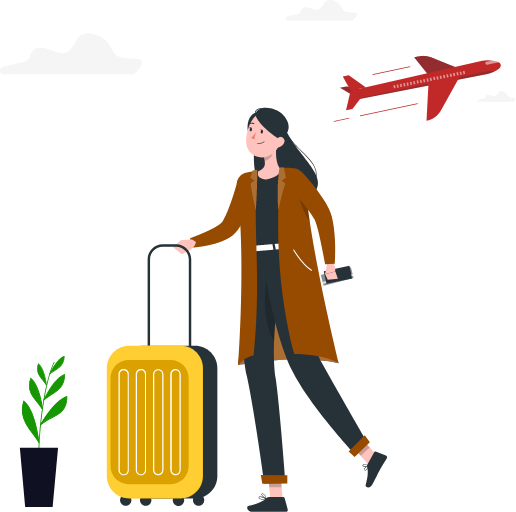
Travel chatbots has enormous potential in travel and tourism, as it is one of the most dynamic customer-facing global industries.
From airlines to ferries, from railways to coach tours, the industry represents one where people are continuously on the go, itineraries are in flux, infrastructure is capital intensive and distributed, and customer service chatbots can make it more profitable for you.
Travel Industries have a variety of chatbots that are used to leverage the experience for the customers more seamless.
1. New Customer Acquisition
2. Automated Support for FAQs
3. Notifications and Reminders
4. Personalized digital travel assistant
5. Customer support manager
6. Proactive Communication with Patients
7. Payment Processing
8. Fraud Prevention
9. Customer Feedback Collection
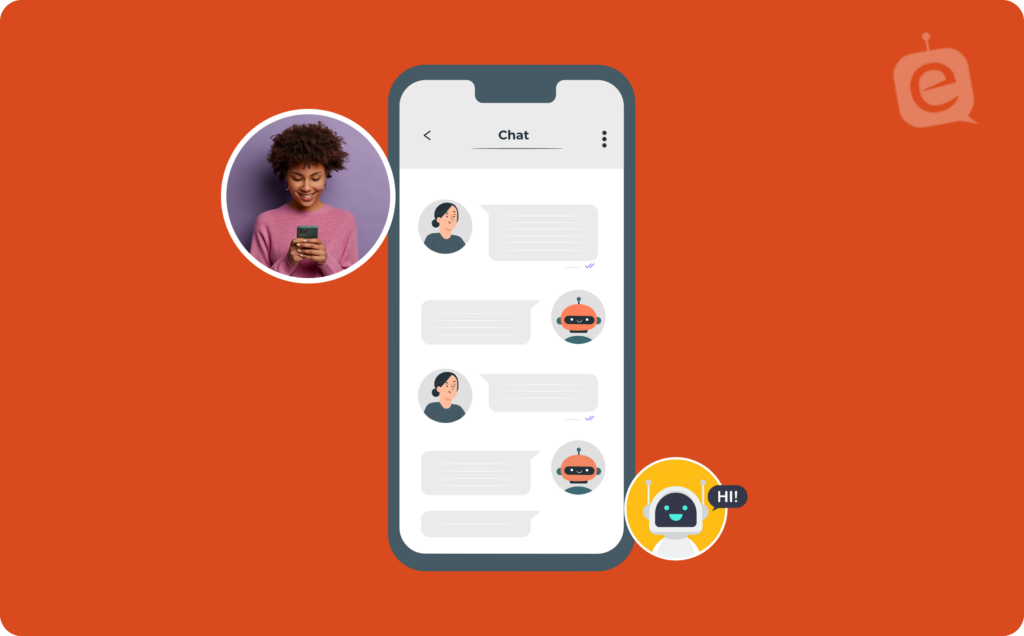
Business Benefits

One of the biggest challenges the tourism industry is facing in the modern age is the 24/7 availability of customer support. AI chatbots hotels, airlines, restaurants and car rental services can solve this problem. An AI chatbot can easily cope with common questions and will be able to do so at any point of the day. Unlike employees, a chatbot will not require rest and it will work at free of cost for you. A hotel bot, for instance, can be available at all times, even when reception staffs are busy, or customer service staff are off-duty.
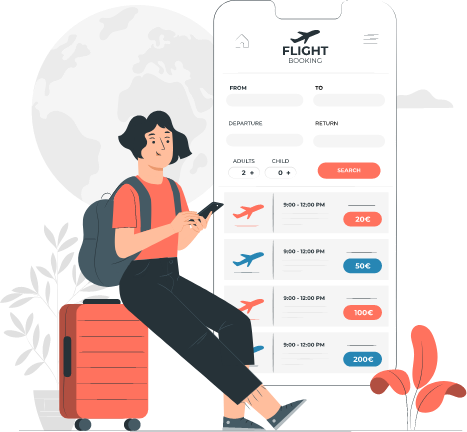
OTAs and price comparison websites make it easier for travel industry to reach a wider number of people. However, for direct bookings it is required for the company to pay a commission. Crucially, an AI chatbot can help to encourage more direct bookings therefore improving financial results.Chatbots can be used on a company website, on its social media handles and messenger platforms, to book directly and deliver these messages at the right moment therefore maximising the chances of success.
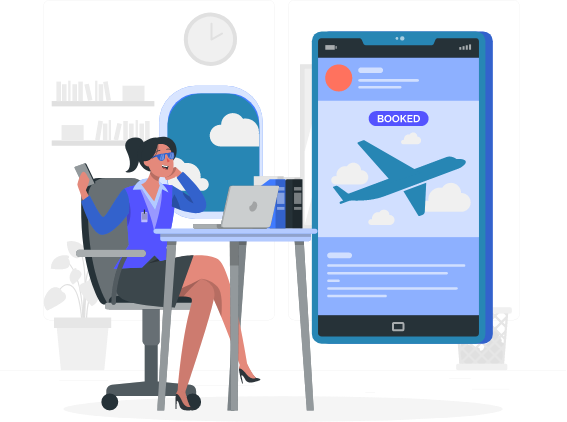
Booking journeys within the travel industry can be complicated. For example, when booking flights, not only you need to consider your departure date and return date but also your luggage allowance, preferable seat, or do you prefer to travel in first or business class, and airport transfers. Similar considerations apply to hotels too.
AI chatbots can potentially increase the number of bookings and improve the customer experience, because the bot can support the customer a long way. The chatbot clarifies certain aspects of the products or services you offer, it can also answer questions regarding pricing, and encourage the customers to continue.
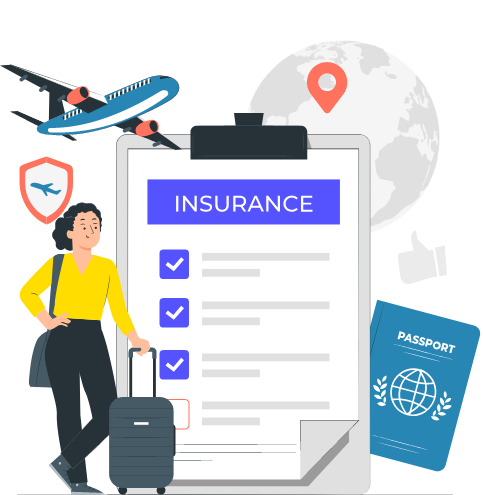
Travel and tourism global business which means people from a wide range of languages may use the products or services that a travel industry company can offer. An AI chatbot can be invaluable, and offer multilingual support, so that users or customers from all parts of the world can get assistance.
AI-powered bots has rapid language detection and translation, and can automatically respond in the same language the customer is using. Chatbots are more capable than humans in adapting more languages.

Both cross-selling and up-selling can play a significant role in attempting to optimise revenue within the travel industry. An AI chatbot can push cross-selling and up-selling messages during conversations and deliver these messages in a natural way, which are most likely to appeal to the users.
For instance, a hotel bot can offer to add breakfast to a standard room booking. Similarly, a customer booking a flight through an OTA could be presented with options to upgrade to first class, or could be offered additional options, potentially allowing them to book car rental services as well
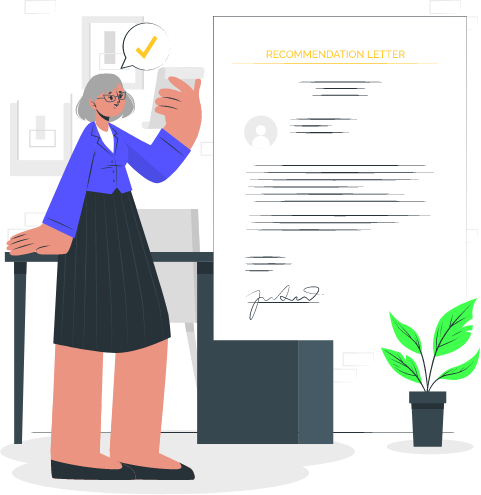
AI and machine learning means that a chatbot can acquire individual customer’s information as a chat progresses and then use those information in improving the quality of suggestions.
This can ultimately lead to the chatbot asking questions to clarify preferences and then provide filtered recommendations, either during the booking process, or during the travel experience itself. These recommendations could range from hotel recommendations, or promoting discounts, to suggesting things to do.
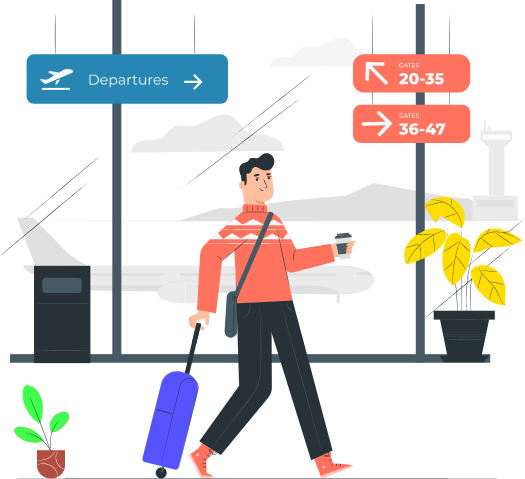
Various parts of the travel industry needs to contend with customers arriving and leaving, and the smoother these processes are, the better it will be. For example, hotel guests do not want to stand in queue in order to check in or check out, and people in a restaurant may not want to wait for a staff member to calculate get their bill.
Using smartphone apps and AI chatbots, can speed up many arrivals and departures. Hotels can now provide seamless check in and check out, without human contact, while restaurants can sort billing via a chatbot too.

Aside from expecting quick responses to questions or queries, customers also have high expectations related to response timings. An AI chatbot can greatly improve customer satisfaction by delivering swift, almost instant replies, no matter what time of the day the customer contacts.
Not only can this be beneficial for customers, it can also drastically reduce the amount of pressure from human customer service representatives. With chatbots focusing on simpler issues and humans focusing on more complicated ones.
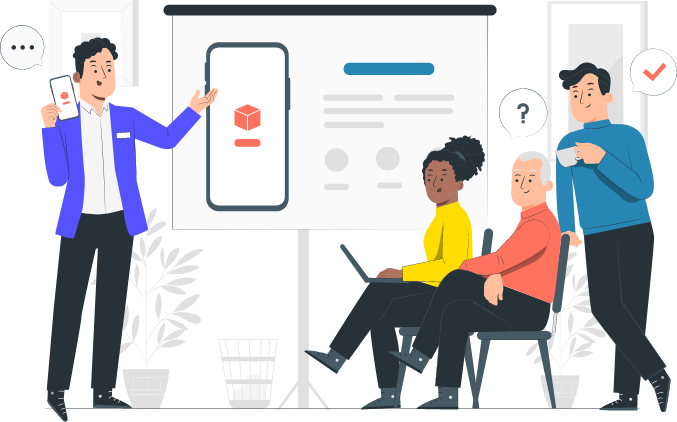
Although customer service is often the main reason for companies to use AI chatbot technology, the ability to improve marketing efforts should not be overlooked. In particular. A chatbot can make individual customer oriented marketing strategies, communicating in the right language and focusing on the right products or services.
Moreover, chatbot messages can be less generic, which will increase the ability for customers to respond and can also help to boost the chances of the target audience engaging with the marketing content.
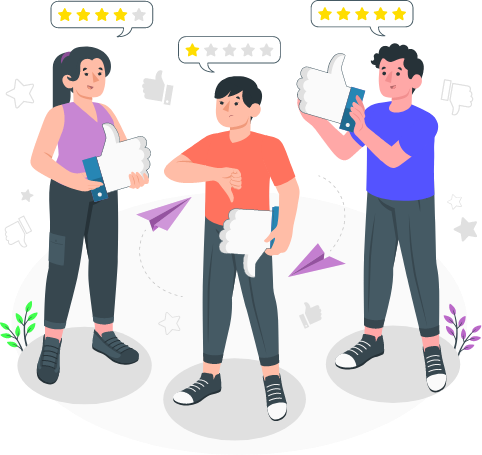
All the aspects of the travel industry relies mainly on understanding the needs and expectations of travellers. Therefore, one of the biggest advantages of using an AI chatbot is the ability to automatically follow up with customers.
Chatbot technology makes the follow up process to take place across various platforms, from email and mobile apps, to Facebook Messenger or WhatsApp. Furthermore, the chatbot can use the collected data from to make follow up communication as personalised as possible, increasing the likelihood of receiving a response.
Customers Benefits
Let Customers find and compare activities, hotels, flights etc. with personalised recommendations.
Online bookings, and therefore queries prior to booking, can come from anywhere in the world, meaning different time zones and languages. Human agents are not always available to provide instant customer support, whether it is at night, during the holiday season, or other peak travel period.
Patients will be able to get answers to any of their queries at home.
Single-API for 30+ Messaging Channels: Interact and transact with your travellers and guests seamlessly across 30+ messaging channels using our Single API for Messaging.
Payment Solutions via Messaging: With one click Bill Pay, you can offer your customers easy payment options via payment messages
Advanced APIs for Automating Micro-journeys: With Advanced APIs, get pre-built customizable sequences to plug in to use and accelerate the automation of key travel and hospitality workflows.
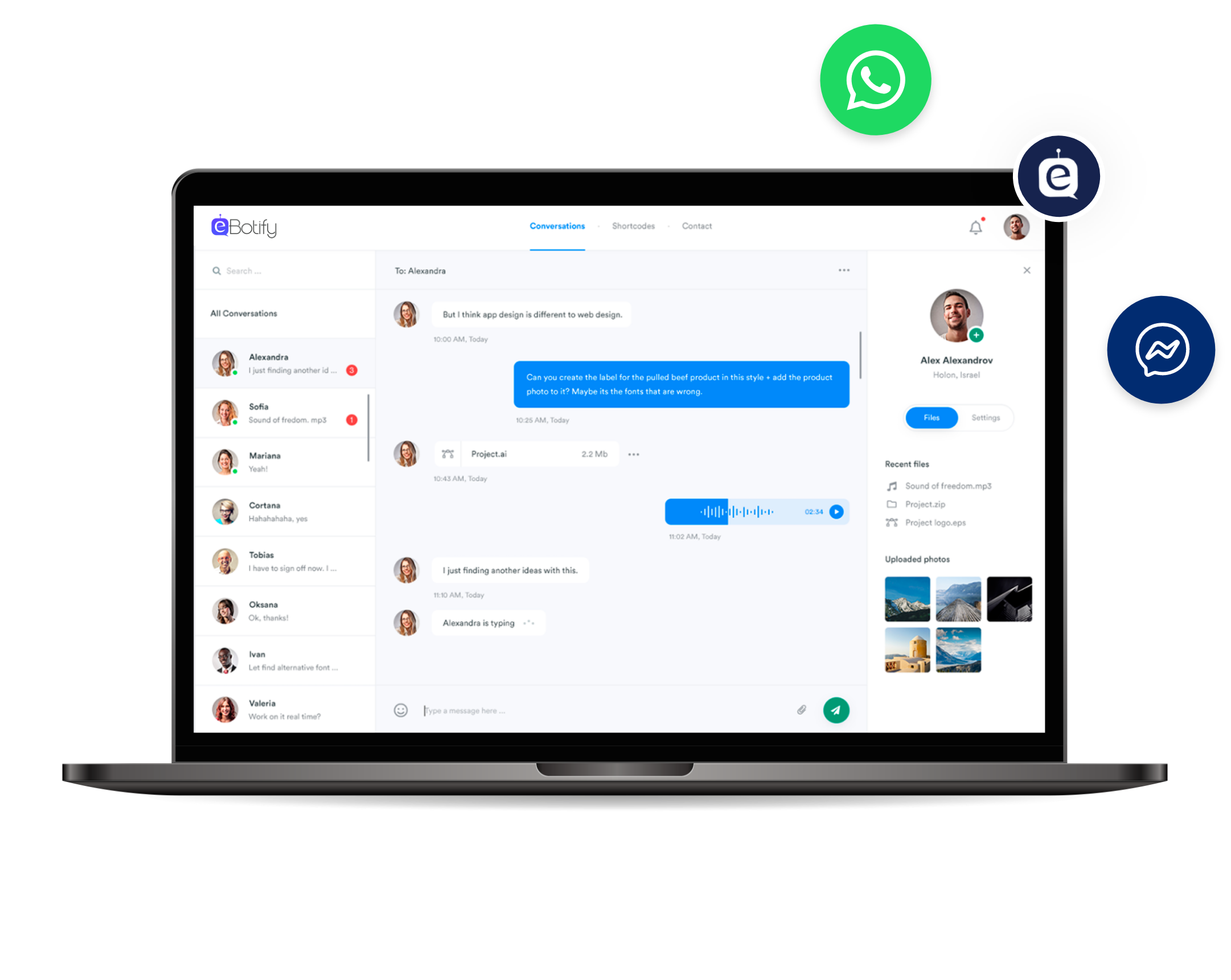

Subscribe to our newsletter and get 10% off your first purchase.

Subscribe to our newsletter and get 10% off your first purchase.